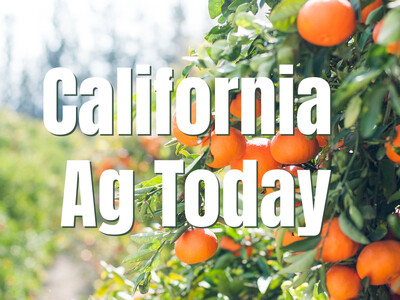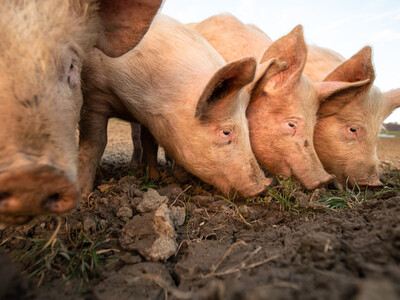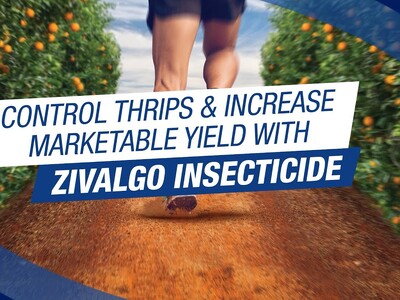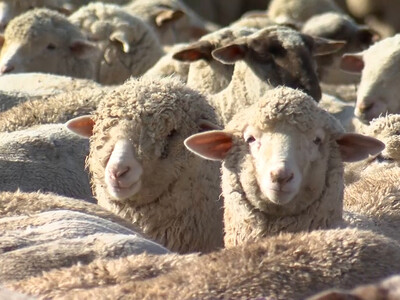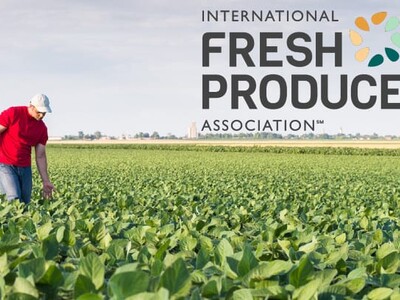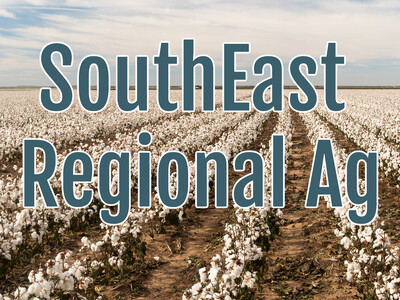De-Risking Ag Innovation Through School-Based Agricultural Education

Tim Hammerich
News Reporter
Farming always involves an element of risk, so how is a producer supposed to take on the additional risk of trying new and innovative approaches? In developing countries like Liberia and Ghana where small farmers are often just barely getting by, AgriCorps is bringing new technologies to rural areas by strengthening school-based agricultural education.
McKnight… “ If I have a hybrid corn that I tell you, you know, it's my word against yours, that can double your yield, who is more likely to adopt that corn seed that new hybrid corn? A 13-year-old who is studying agriculture in junior high school or a smallholder farmer and father of eight children who produced just enough food last year to feed all of his children and is very risk-averse? It's that 13-year-old because she doesn't have anything to lose. That smallholder farmer hears what you saying, yeah, this could be better. I could double my yields, but what if it doesn't work? The risk assessment between the two is entirely different. So if we can start with young people who have a different risk profile, then we can use that 13-year-old as an early adopter. And then we can de-risk that same innovation for the adult that makes it easier for them to adopt because we have de-risked it for them.”
McKnight says this is a proven concept studied by renowned economist, Chris Udry.




